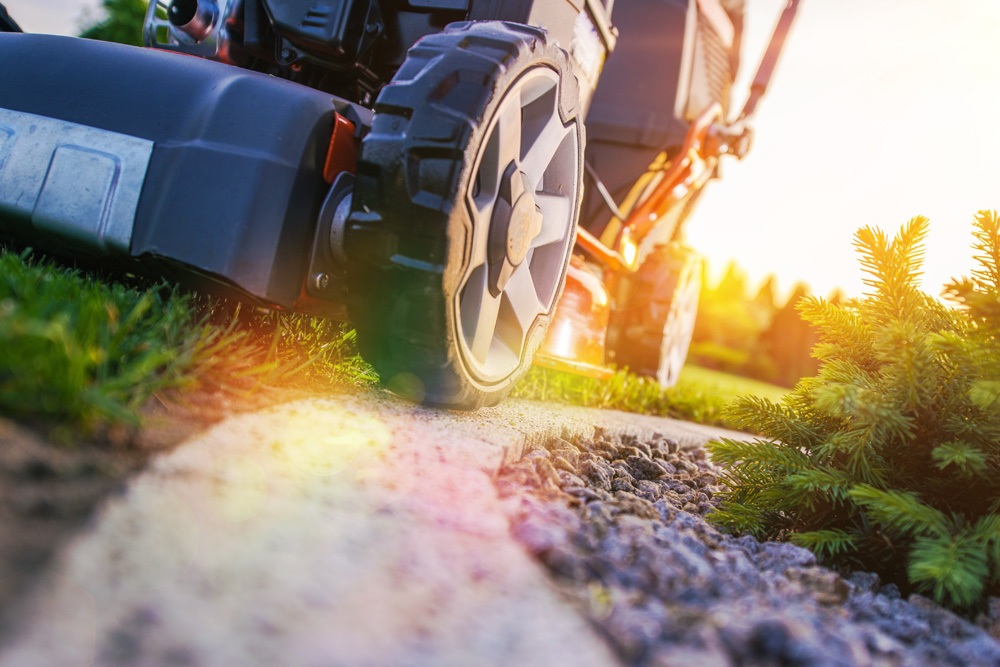Lawn & Garden Care
A runoff friendly lawn and garden does not harm waterways by utilizing limited chemical application and absorbing the proper amount of water. Activities such as over irrigation, landscape maintenance, fertilization, and pesticide application have the potential to discharge pollutants to the storm drain system.
Use these tips to help prevent polluted runoff from entering our storm drain system.

Required Activities
- Properly adjust irrigation systems to reflect seasonal water needs
- Minimize the use of pesticides and fertilizers. Read the labels and follow directions to avoid improper use. Only apply chemicals when it is not windy and more than 48-hours from a rainstorm
- Properly clean up and dispose of gardening chemical, fertilizer, or soil spills. If possible, return the spilled material to the container for future use
- Store lawn and garden care products in closed and labeled containers, in covered areas, or off the ground and under protective tarps
- Household hazardous waste must be properly disposed at a household hazardous waste center
- Cover non-vegetated surfaces to prevent erosion
Recommended Activities
- Utilize drought and insect resistant landscaping
- Nurture your garden often to control weeds, which require additional irrigation when not removed
- Use integrated pest management (IPM) by planting pest repelling plants
- Do not leave food (human or pet) outside overnight
- Remove fruit and garden waste
More Information
For more information, visit our Low Impact Development for Residents page and our Overwatering Is Out campaign. For more information about proactive lawn and garden care to prevent polluted runoff, check out our applicable brochure below:
Landscape & Sustainable Water Use Guide
Proper Maintenance of Landscapes & Gardens To Protect Our Waterways